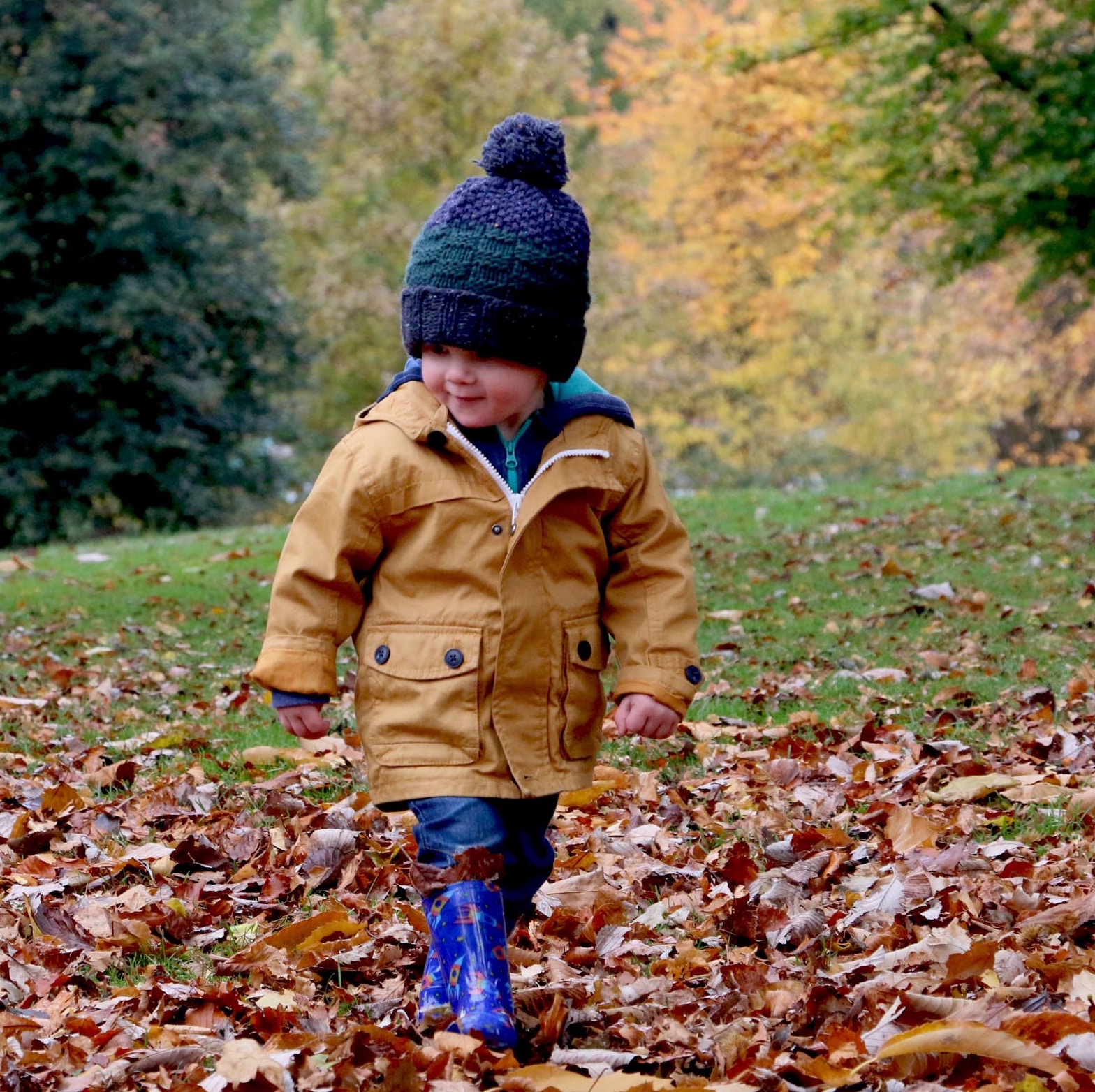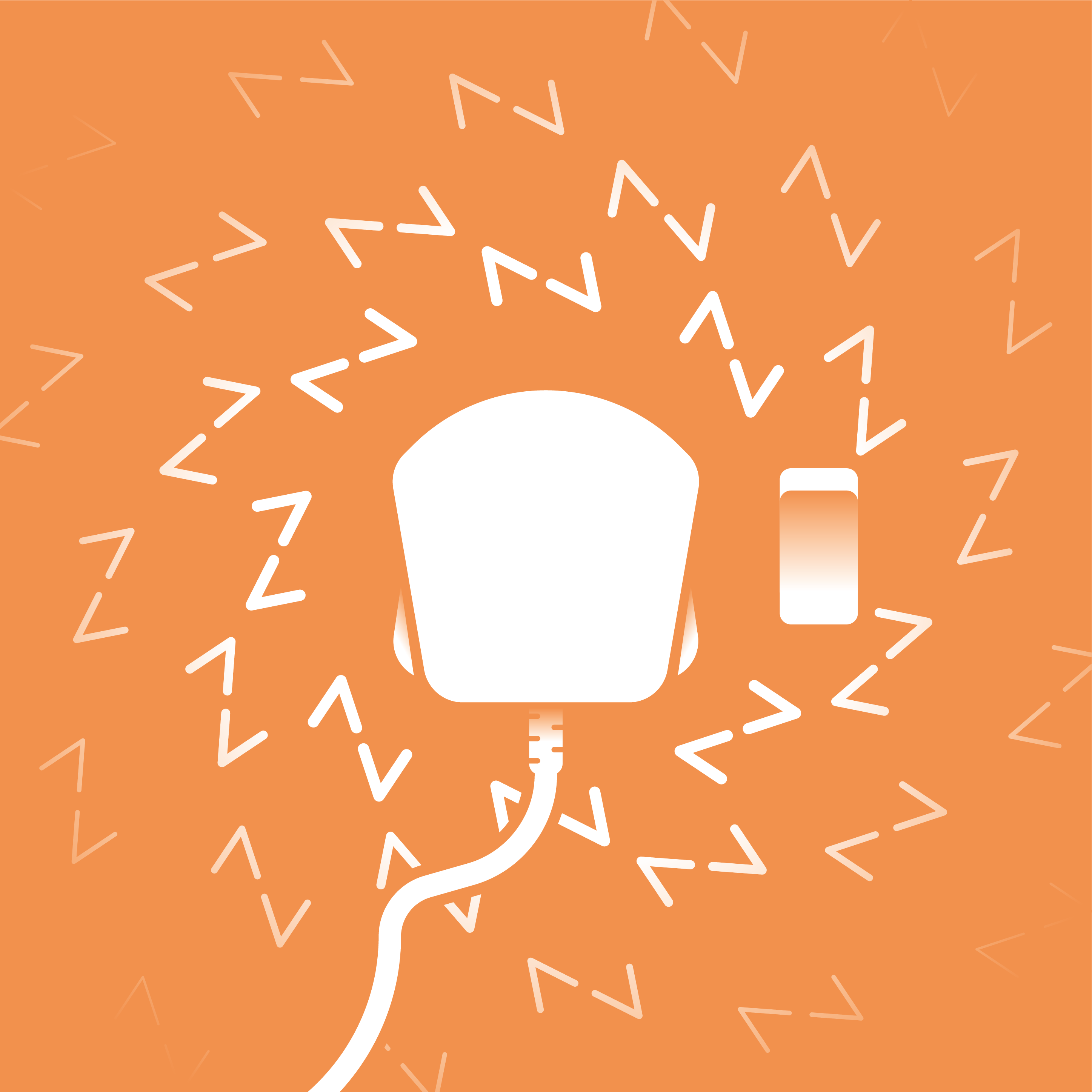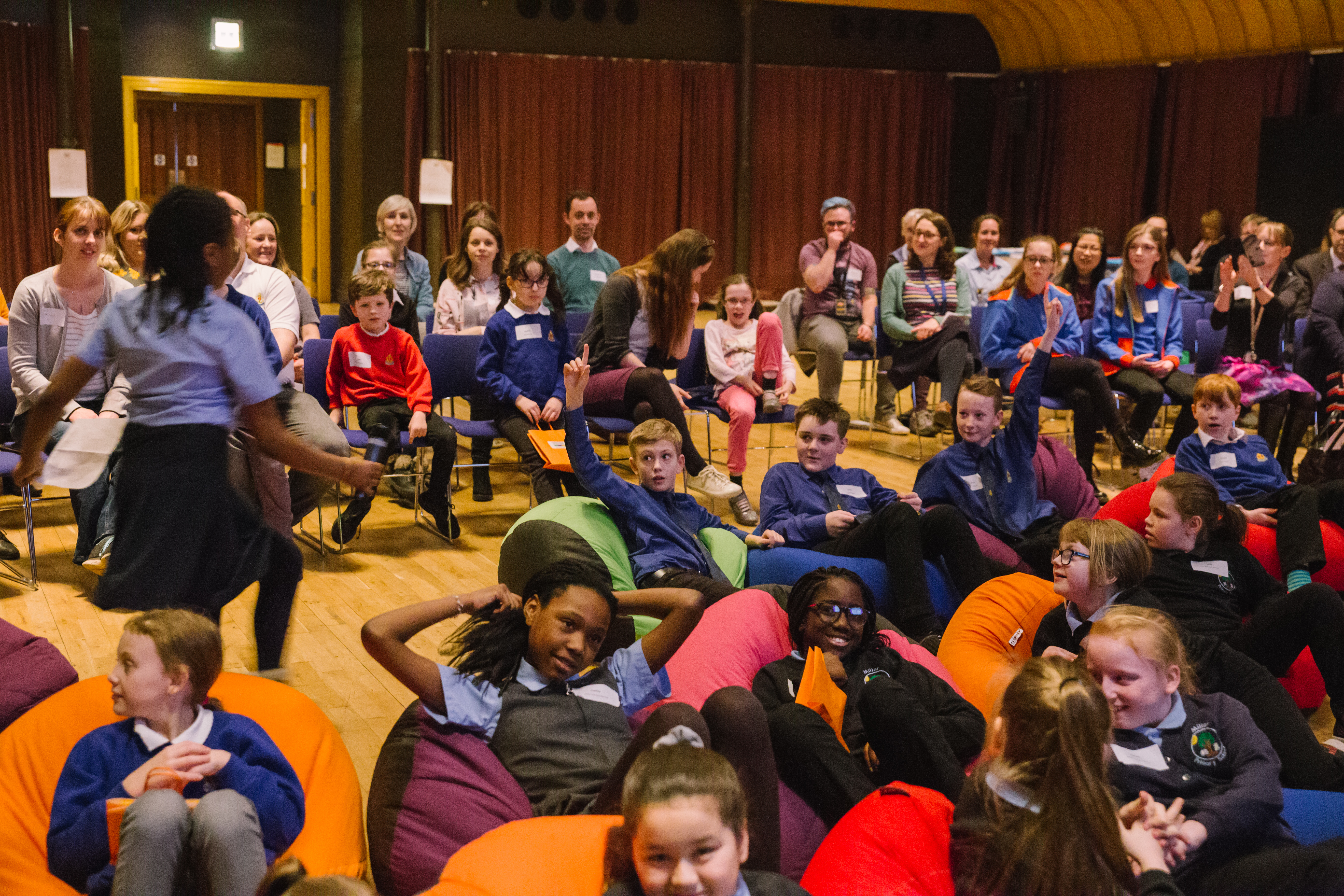New project empowers young researchers to tackle health inequalities
3 June 2019
Children in Scotland has been funded from the Wellcome Trust to carry out a peer research project documenting the relationship between place and health inequalities.
Until May 2020 we will work with 16 young peer researchers based in Glasgow and Dundee, supporting them to carry out research into their communities and explore how this impacts on their health.
"Ultimately, we aim to explore how community, place and space drives health inequalities from the perspective of children and young people," said Children in Scotland's Head of Policy, Projects and Participation, Amy Woodhouse.
"Scotland’s health issues are well-documented and, despite improvements across a range of health indicators, we continue to experience some of the worst health and widest health inequalities in Europe.
The Scottish Government’s own data continues to show that those from the most deprived backgrounds live on average 26 years less in good health than the wealthiest in the country.
We know that many of the key drivers of health inequalities are experienced during childhood and adolescence, and that income and place can be fundamental factors."
The Royal College of Paediatrics and Child Health’s 2017 State of Child Health Report showed that children from more deprived backgrounds are more likely to smoke, be overweight or obese when entering school and report poorer wellbeing.
Children in Scotland Policy Officer, Chris Ross said: "Working with Dalmarnock Primary School and Baldragon Academy, our Health Inequalities project will support the young researchers to gather the views of their peers. They will then use these findings to support a deeper exploration of the area that we will visually document.
So far, the young peer researchers have been engaged in a range of capacity building work aimed at exploring their knowledge of health, wellbeing and inequalities and supporting them to develop research skills.
Our ongoing evaluation of the project has showed they have enjoyed working in teams with their peers and are excited to be involved in a project that will improve their communities.
They have now identified the three areas they want to research in more detail and have chosen research questions for these. The young peer researchers will be exploring the role of littering, safety and friends and family on the health and wellbeing of children and young people in the communities they live in.
The young peer researchers will be involved at every stage of this project, and will make a range of recommendations for local and national decision-makers to improve their communities and inform better policymaking at national level."
We are also delighted to be working with Dr Niamh Shortt, Reader in Human Geography at the University of Edinburgh.
Dr Shortt will support the project by analysing how the findings fit within wider health inequalities research. Professor Shortt’s involvement will add intellectual rigour and weight to the project and situate the work carried out by the young peer researchers within the wider academic context.
Dr Shortt said: "I am delighted to be involved in this research. A wide range of international evidence suggests that our childhood neighbourhoods are critical in shaping our health and well being.
"As part of our understanding we need to listen to children's voices. This unique project will allow us to gain a better understanding of childhood experiences in local communities."
For more information about the project contact Chris Ross, cross@childreninscotland.org.uk or Amy Woodhouse, awoodhouse@childreninscotland.org.uk.

Health Inequalities
Participative Research with Children and Young People
Click to learn about the project
